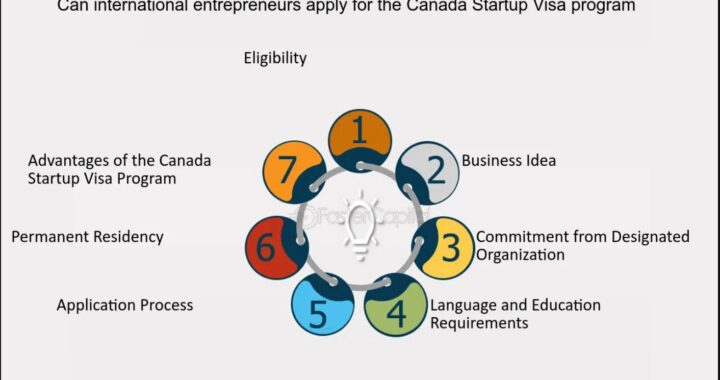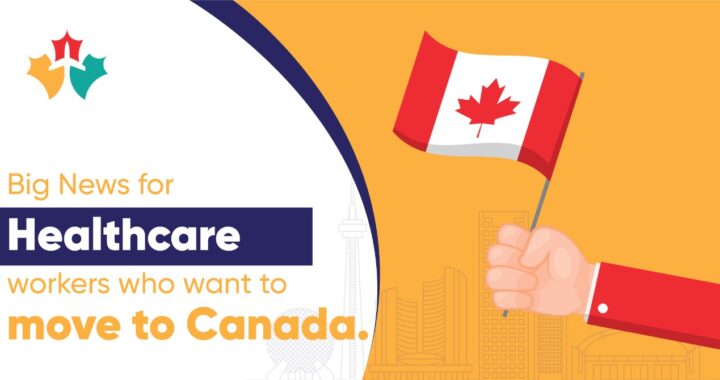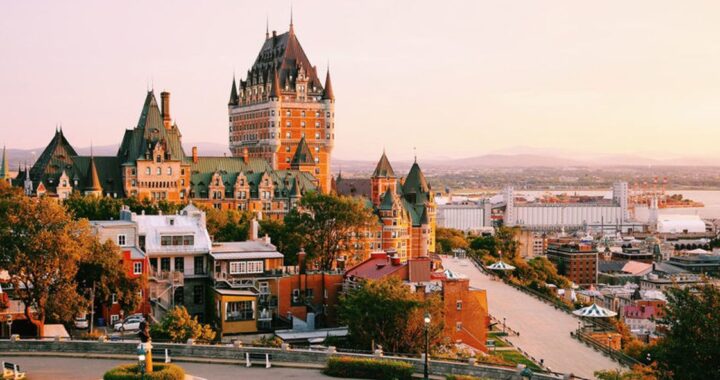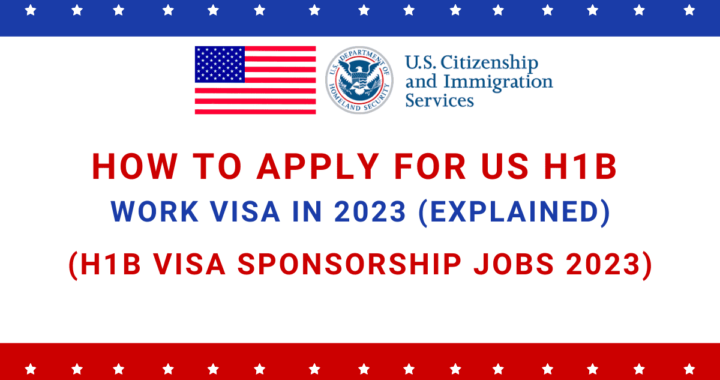Which Province is Best to Avoid Due to Poor Income Level?

New Brunswick has limited opportunities in the popular sectors like Healthcare sector, Engineering sector, Banking & Finance sector and many more
If we measure the quality of life in Canada and its peers, we observe that Canada is one of the most demanding nations for immigrants to work and stay there. In terms of the work-life balance, Canada provides a positive environment to its residents as well as non- residents.
However, some of the Canadian provinces are still averse for working and living purposes, especially for those who want a luxurious life. Currently, New Brunswick is the poorest province in Canada.
Why Don’t People Choose New Brunswick as Their Workplace?

There are some reasons behind not choosing New Brunswick as their work hub by the Canadian residents as well as non-residents. One of the reasons is the Low-Income level.
Also, there are fewer opportunities limited to the sector of Agriculture, Forestry, Tourism, Finance and a few others as the most of the area of New Brunswick is covered by forests, lakes and landscapes.
Moreover, it is the best place for immigrants who are downsizers and wish to live a simple lifestyle apart from frills and luxuries.
Another factor is the degradation of old industries in Saint John, the industrial city of New Brunswick as these industries are unable to compete in the rapidly changing economic environment.
Due to such factors, New Brunswick is the poorest province in Canada. As a result, it will start receiving the most funding per capita from the equalization support program of
Canadian’s federal government.
Is the Poor Income One of the Factors Used to Assess Poverty?
Yes, the reduced income of the people can be taken as one of the factors to assess poverty. In Canada, provinces that have a low per capita income are usually avoided by the immigrants.
As a result, these provinces have a lack of skilled workers and professionals who can contribute to the development of these provinces. However, various other factors give rise to poverty like natural, social and political factors.
Canada’s Poverty Reduction Strategy

To strengthen the economy and to uplift the life of Canadians from poverty, the government of Canada started some initiatives. One of the initiatives is Opportunity for All- The first Poverty Reduction Strategy of Canada.
The initiative was released on 21st August 2018 in Vancouver, BC. The main motive of the effort is to reduce 20% poverty in 2020 and 50% in 2030.
With the vision of Poverty Free Canada, the strategy runs on the principle that all Canadian Citizens must be given a fair and real chance to succeed regardless of where they come from?
Since 2015, the Canadian government has invested in building the strategy that supports seniors, lower-wage workers, children and other vulnerable Canadians.
Three Pillars of Canada’s Poverty Reduction Strategy
The strategy stands out on the three pillars, which are-
- Dignity- Lifting Canadians life out of poverty by providing affordable housing, healthy food and excellent healthcare to meet their basic needs.
- Income Security & Resilience- To protect the interest of the middle class by supporting income security and resilience.
- Opportunity & Inclusion- to help Canadians join the middle class by using promotional values for full participation in the society as well as social occasions.
To Avoid or not to Avoid
Eventually, immigrants should avoid New Brunswick to work and stay there as it is entitled as the poorest amongst all the Canadian provinces. Also, it has limited opportunities in various growing sectors like Healthcare, Engineering, Information Technology, Banking & Financial industry and many more.

 What actions by Trump Government are in store for illegal immigrants in US? What are Challenges to deport illegal immigrants from US?
What actions by Trump Government are in store for illegal immigrants in US? What are Challenges to deport illegal immigrants from US?  What are changes in Canada Start up Visa Program and Self-Employed Persons Program. How would it affect the potential immigrants to Canada?
What are changes in Canada Start up Visa Program and Self-Employed Persons Program. How would it affect the potential immigrants to Canada?  Launch Your Dreams: A Guide to Canada’s Start-Up Visa Program for Global Entrepreneurs
Launch Your Dreams: A Guide to Canada’s Start-Up Visa Program for Global Entrepreneurs  Options for Immigrating to Canada as a Healthcare Worker- Best Canadian Provinces that offer good salaries
Options for Immigrating to Canada as a Healthcare Worker- Best Canadian Provinces that offer good salaries  Immigrating to Quebec province Canada- Professions in demand with salaries- Racial Discrimination
Immigrating to Quebec province Canada- Professions in demand with salaries- Racial Discrimination  H1B Visa- Eligibility Requirements- its Duration- Process to apply and Professions in demand
H1B Visa- Eligibility Requirements- its Duration- Process to apply and Professions in demand  Recent Changes to Canada’s Work Permit Rules and its impact on Immigrants from India
Recent Changes to Canada’s Work Permit Rules and its impact on Immigrants from India  Applications for UK Immigration witness major decline as the Immigration Laws undergo significant changes
Applications for UK Immigration witness major decline as the Immigration Laws undergo significant changes